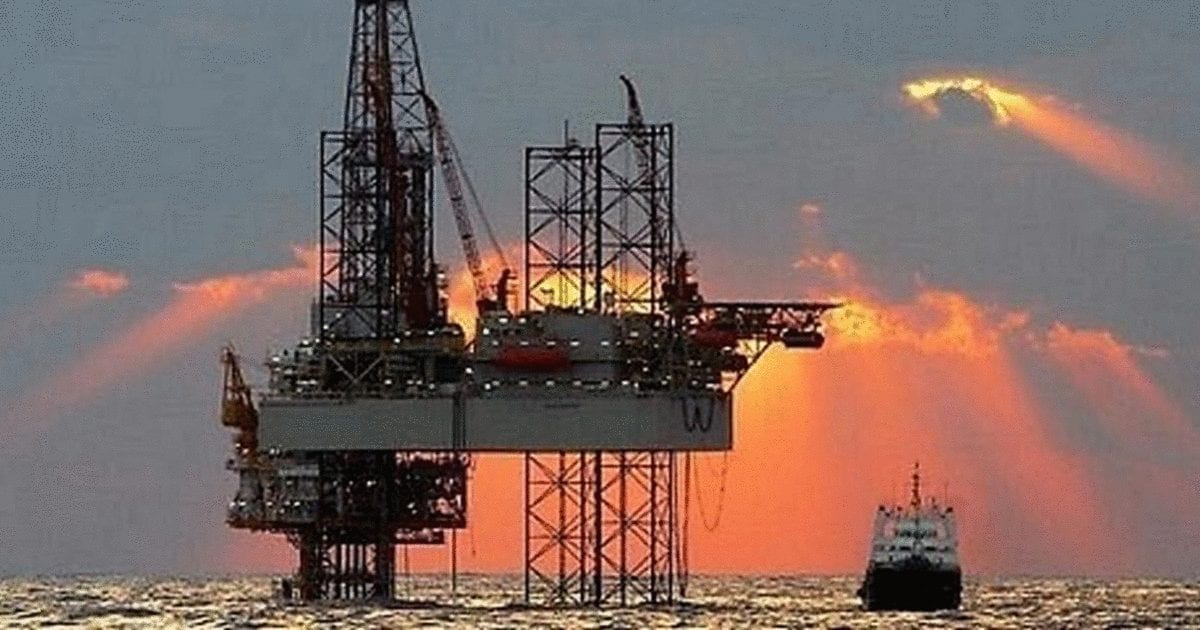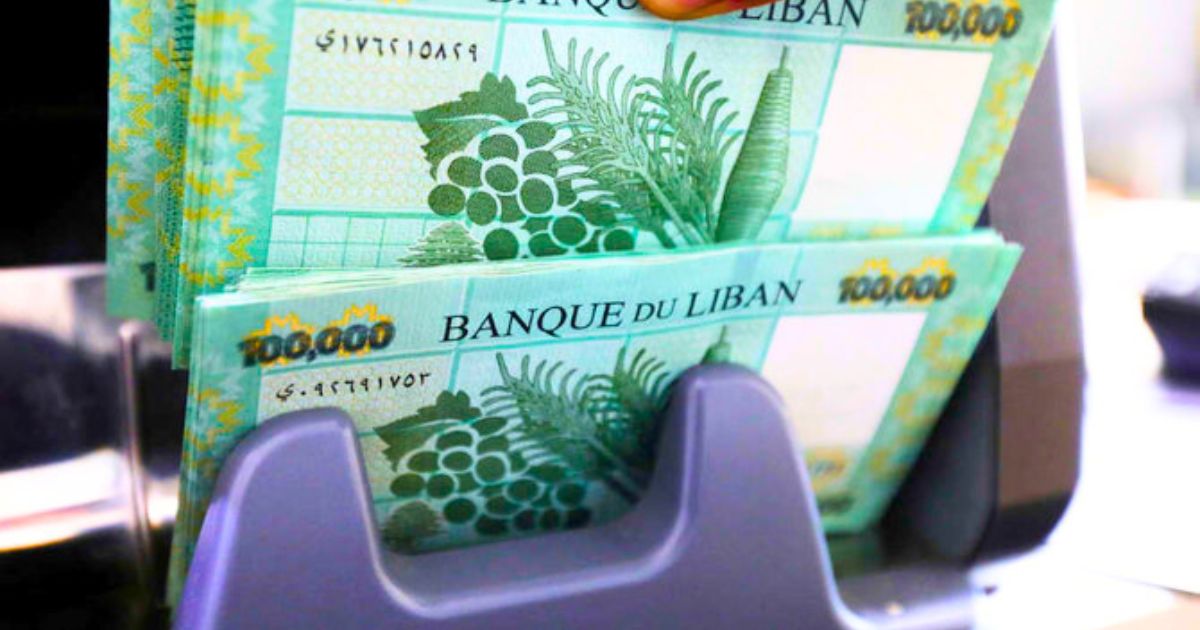In an official statement on Friday, December 6, 2019, President Michel Aoun stressed that the creation of a “new government” would assist Lebanon’s friends and allies to implement the Cedre process. He went on to add that the Caretaker Government had begun preparing a development plan to see this through.
On April 6, 2019, France hosted in Paris the international conference in support of Lebanon development and reforms, CEDRE (Conférence économique pour le développement, par les réformes et avec les entreprises).
Lebanon had won aid pledges exceeding $11 billion at the international conference, which aimed at rallying international support for an investment program to assist Lebanon’s dwindling economy.
Upon welcoming a British economic delegation on December 6, 2019, President Aoun stressed that gas and oil exploration is still scheduled to start by January 2020, adding that this would enable Lebanon to extract and produce these sources of energy. But how is that going to happen?
Back in November, Caretaker Minister of Energy Nada Boustani stated that the drilling of Lebanon’s first exploratory well for oil and gas is still set to take place in December 2019 (unlikely at the moment) or January 2020 (probably still unlikely), at the latest. She also assured that the necessary equipment for the exploration and extraction would soon arrive at the Port of Beirut for this purpose.
“The drilling ship is currently in Egypt. It will finish and come to Lebanon by December or January,” Boustani said as she oversaw the opening of the equipment containers at the Port of Beirut. The ship is reportedly going to begin its exploration in an attempt to determine if there are commercially viable quantities of hydrocarbons in offshore Block 4.
In February 2018, Lebanon signed its first offshore oil and gas exploration and production agreements for blocks 4 and 9. The government had approved bids by an international consortium of energy companies comprising France’s Total, Italy’s Eni and Russia’s Novatek.
In light of recent developments and quite a political deadlock right before the Holidays, how likely is it that this will take place? And even more so, how likely is it to get people off the streets? Stabilize our economy? And help Lebanese people keep themselves afloat?
With President Aoun’s reassurance that this plan is still on track, we can only hope we are wrong about our doubts. Social media outrage surrounding the issue has proven for a while now that Lebanese people simply don’t believe that this sector will not become just as corrupt as the rest.




















